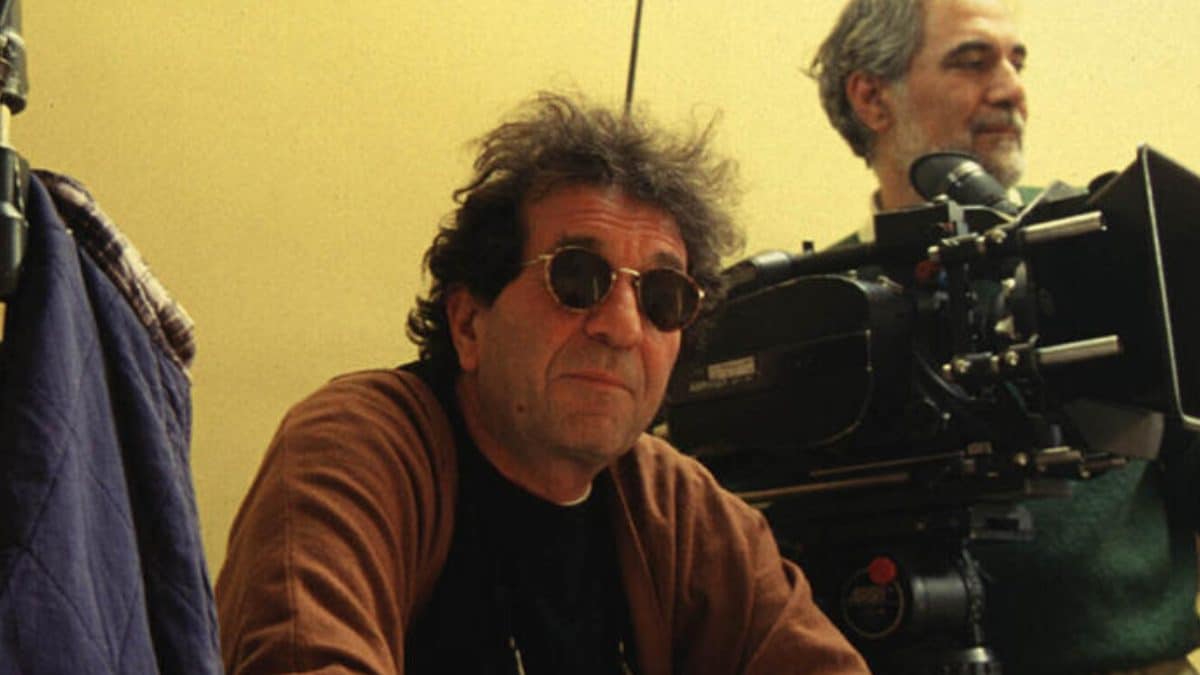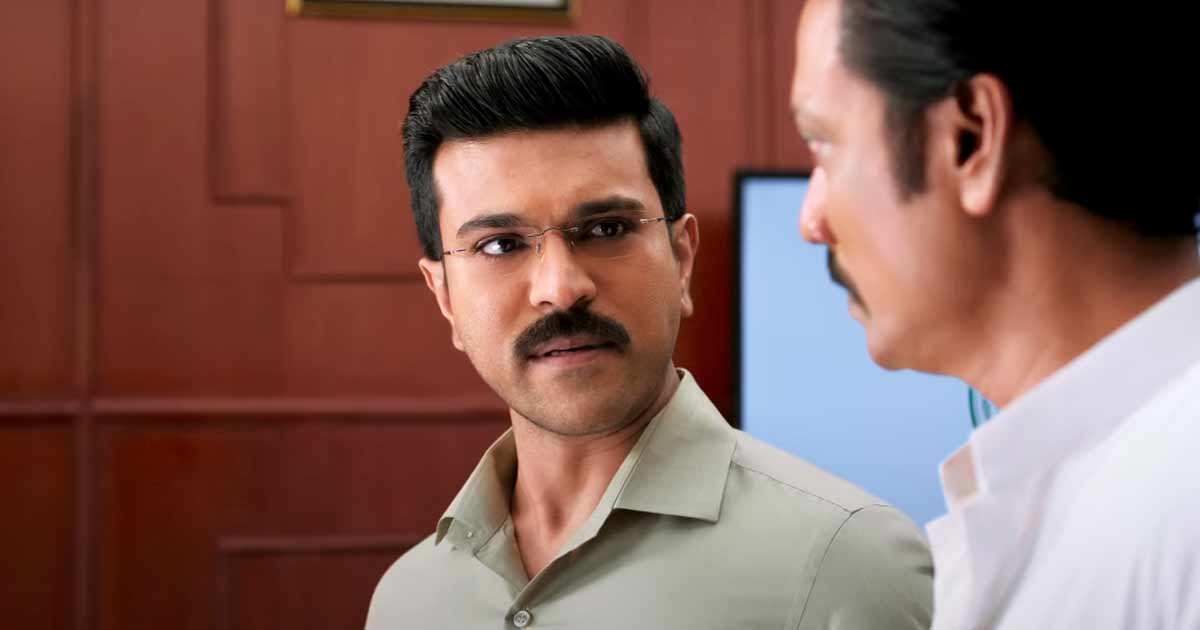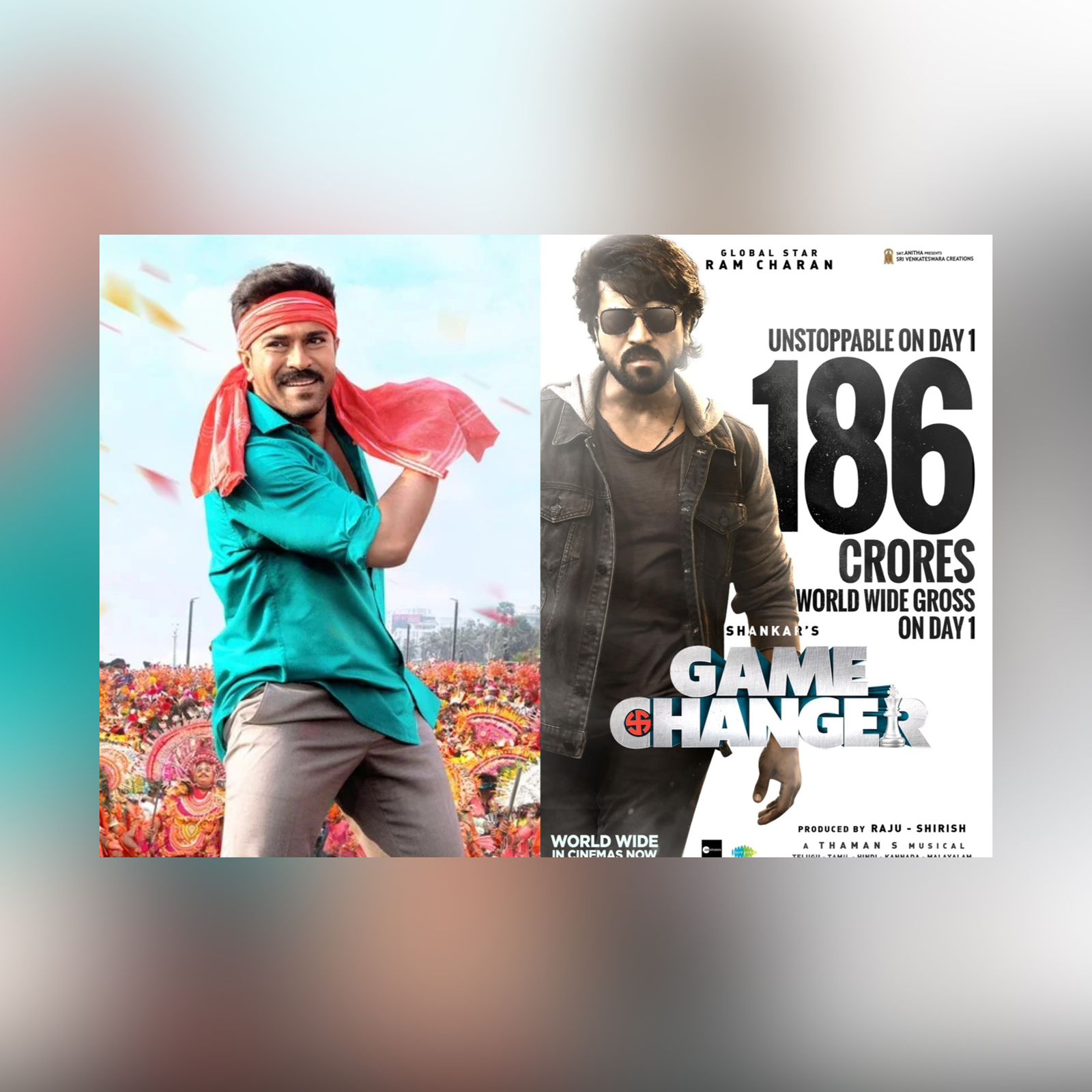
Dariush Mehrjui Dies: Iranian Director, Wife Stabbed To Death; Found Dead in His House
One of the key founders of the Iranian New Wave, 83-year-old Dariush Mehrjui, and his wife, Vahideh Mohammadifar were murdered on Sunday evening. The ghastly incident took place at the couple’s home just outside Tehran in the city of Karaj, Associated Press. They had invited their daughter for dinner, and when she arrived, she found them dead with stab wounds in their necks.
Mohammadifar, a screenwriter and costume designer, had been receiving death threats in recent weeks. Mehrjui’s death is an immense loss for Iranian cinema, and while his films have been getting accolade after accolade outside his country, they were seldom released at home because of insane censorship laws.
As a young man, Mehrjui studied in the US and later shifted to France, where he lived for five years before returning to his native nation. He first rose to prominence with his 1969 movie, The Cow, which focussed on realism and drew inspiration from literature. It was his second feature.
Although The Cow received State funding it was banned under the Shah regime, because it spoke about the depressing aspects of Iranian society. However, Mehrjui managed to smuggle The Cow to the 1971 Venice Film Festival. Though it was not part of the official program and had no subtitles, it was pure cinema that needed no words for comprehension. And the movie was a smashing hit and clinched the Critics’ Award. It went on to be screened in many other festivals. It is now regarded as a cult film.
The director’s third creation, Mr Naive, turned out to be a kind of continuation to The Cow, and it was allowed to open in theatres. What a box-office hit it was! His next work, The Postman, was a political work based on Karl Buchner’s Woyzeck.
In a long and illustrious career, Mehrjui saw ups and downs. The Cycle remained in the cans for four years before it found its way to foreign festivals. It became his most successful movie abroad.
Earlier, he was part of the Iranian Revolution which saw the Shah being overthrown, and the director shot dozens of reels of what happened in Iran then.
Deeply in love with music and painting as a child, Mehrjui brought out a movie magazine in Paris and worked with Renoir – who taught him the art of working with actors. The Iranian auteur was more interested in cinema as an art form than in its technical aspects. His plots were superb, and his screenplay was incisive. Technically, his cinema may not have been up there, but the way it was narrated left a deep impression on my psyche.
Here’s a look at his filmography:
1967) Diamond 33
1969) The Cow (Gaw), released in 1970
1970) Mr. Halou (Aghay-e Halou)
1971) The Brick (short film) & Ghanat (short film)
1972) The Postman (Postchi)
1974) The Cycle (Dayereh Mina), released in 1977
1976) The Sacrifice (Ghorbani) (short film)
1976) Alamoot (TV docu-fiction)
1977) Donation (short film)
1978) Kidney Transplant (short film)
1980) The School We Went To, released in 1989
1983) Voyage au Pays de Rimbaud (TV docu- fiction)
1986) The Lodgers (Ejareh Neshinha)
1987) Shirak
1990) Hamoon
1992) Banoo, released in 1999
1993) Sara
1995) Pari
1997) Leila
1998) The Pear Tree
2002) Bemani
2003) Mam’s Guest
News18 Showsha offers our condolences to his family and fans.
Publisher: Source link

Bollywood Box Office Collection & Verdicts 2025



